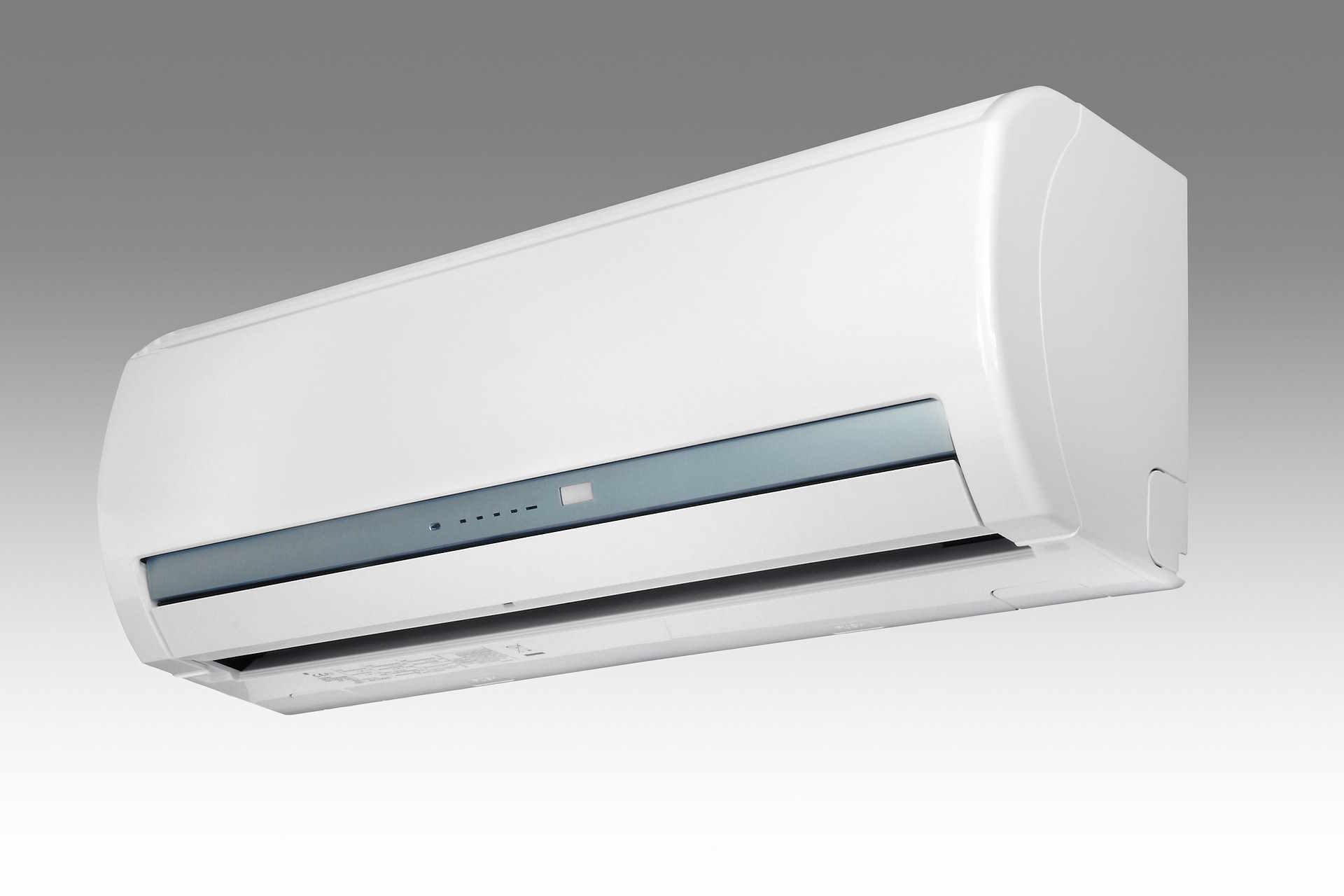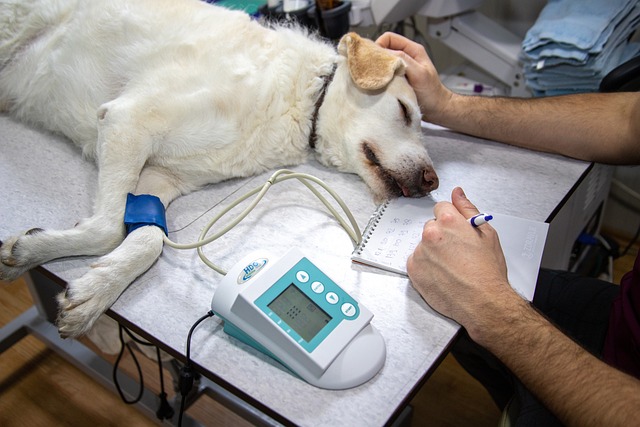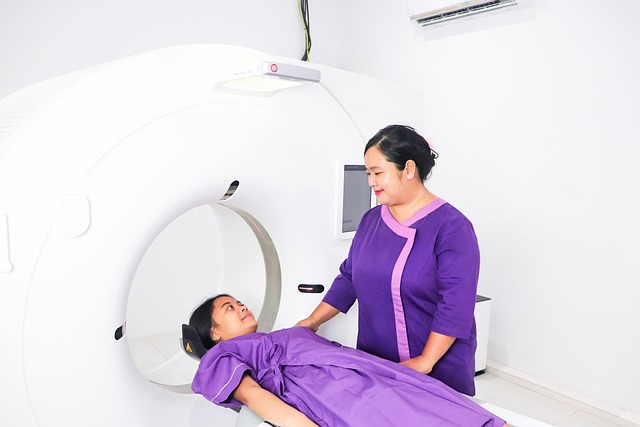Understanding HVAC: A Comprehensive Guide to Heating, Ventilation, and Air Conditioning
HVAC systems are the backbone of modern indoor comfort, controlling temperature, humidity, and air quality in homes and businesses. These complex systems integrate heating, ventilation, and air conditioning components to maintain optimal indoor environments year-round. Understanding HVAC basics can help property owners make informed decisions about installation, maintenance, and energy efficiency.

Professional HVAC Installation Requirements
Professional installation is crucial for optimal HVAC system performance. Certified technicians perform load calculations to determine the correct system size, ensure proper ductwork design, and maintain compliance with local building codes. A proper installation includes selecting appropriate equipment locations, installing necessary electrical connections, and testing system functionality to guarantee efficient operation.
Common HVAC Maintenance and Service Needs
Regular maintenance helps prevent system failures and extends equipment life. Essential maintenance tasks include filter replacement, ductwork inspection, thermostat calibration, and seasonal system checks. Professional technicians should perform comprehensive maintenance at least twice yearly, typically before peak heating and cooling seasons.
Understanding HVAC Energy Efficiency
Modern HVAC systems emphasize energy efficiency through advanced technologies and smart controls. High-efficiency systems may cost more initially but offer significant long-term savings through reduced energy consumption. SEER ratings for cooling and AFUE ratings for heating help consumers compare system efficiency levels.
HVAC System Costs and Installation Pricing
| System Type | Average Equipment Cost | Installation Cost Range |
|---|---|---|
| Basic HVAC System | $3,000 - $5,000 | $2,000 - $3,500 |
| Mid-Range System | $5,000 - $8,000 | $3,500 - $5,000 |
| High-Efficiency System | $8,000 - $12,000 | $5,000 - $7,500 |
Prices, rates, or cost estimates mentioned in this article are based on the latest available information but may change over time. Independent research is advised before making financial decisions.
Choosing the Right HVAC Professional
Selecting qualified HVAC technicians ensures proper system installation and maintenance. Look for professionals with proper licensing, insurance, and NATE certification. Experience with your specific system type, positive customer reviews, and clear communication about service procedures are essential factors in choosing a reliable HVAC contractor.
Modern HVAC systems represent significant technological advances in home comfort and efficiency. While initial costs may seem substantial, proper installation and maintenance by qualified professionals can provide reliable climate control and energy savings for many years. Understanding system basics helps property owners make informed decisions about their HVAC needs and maintenance requirements.






